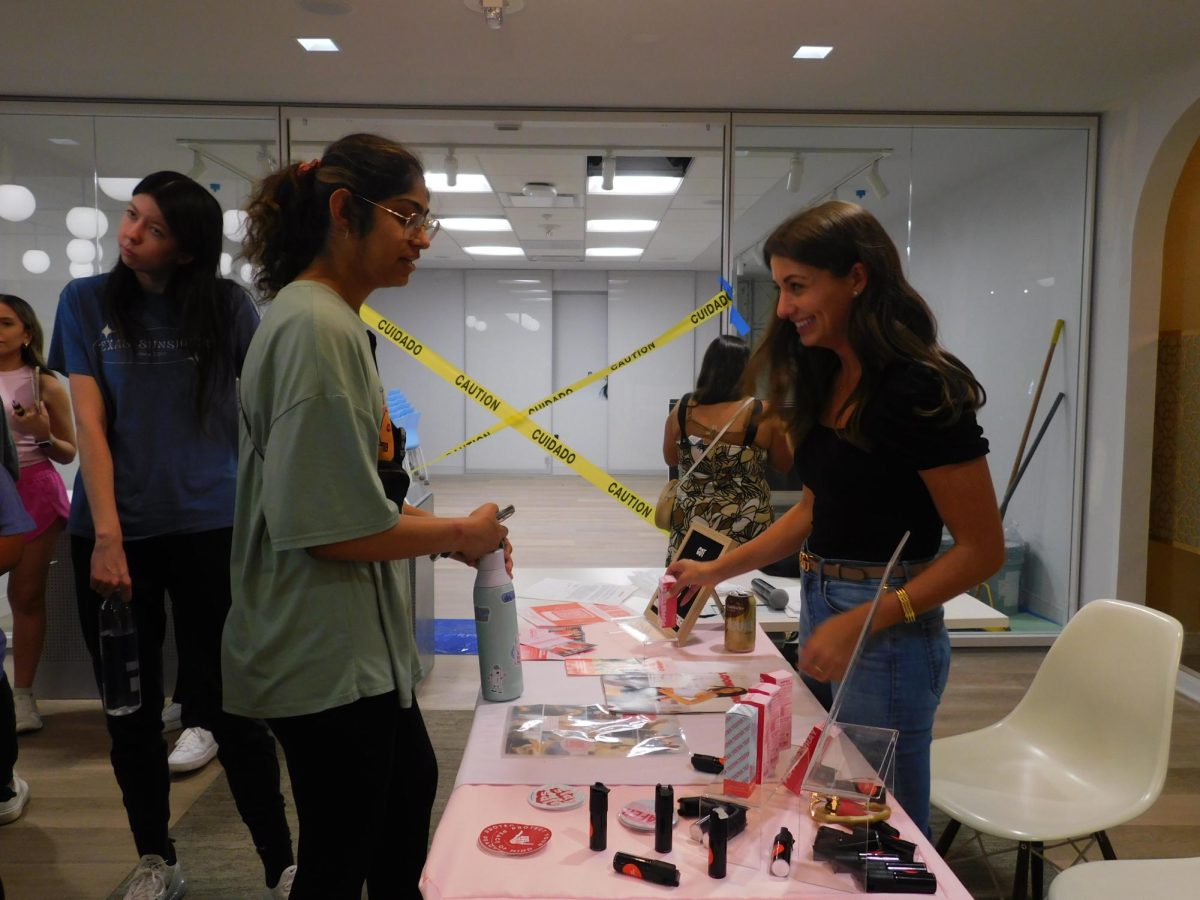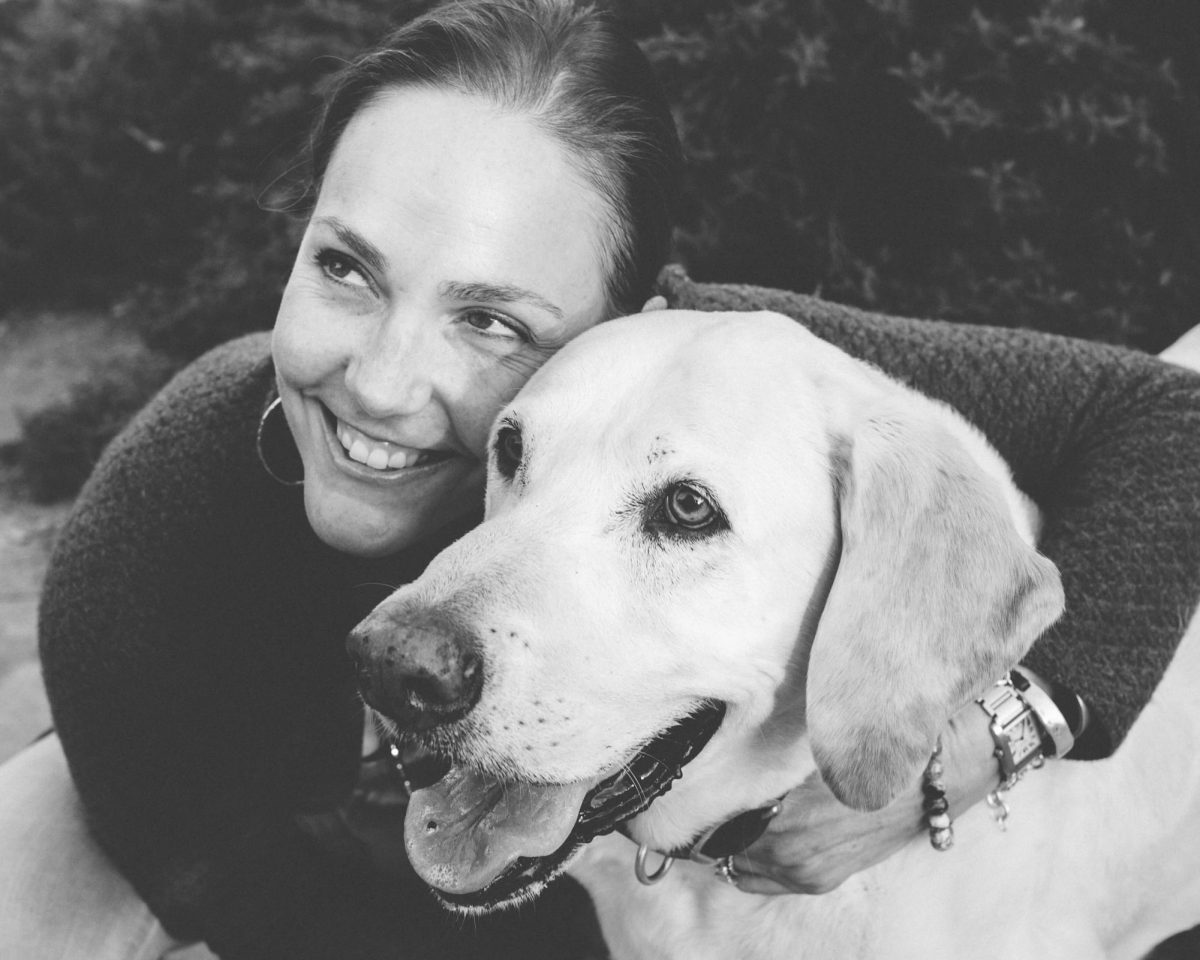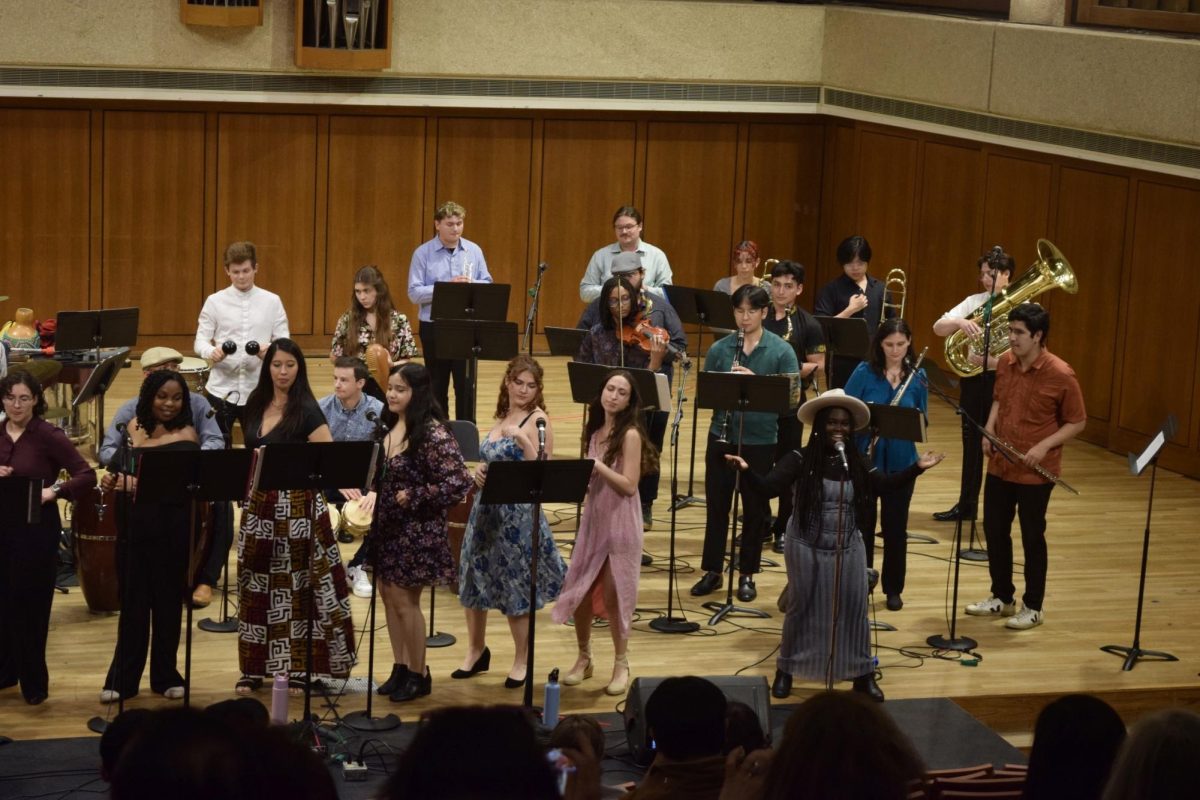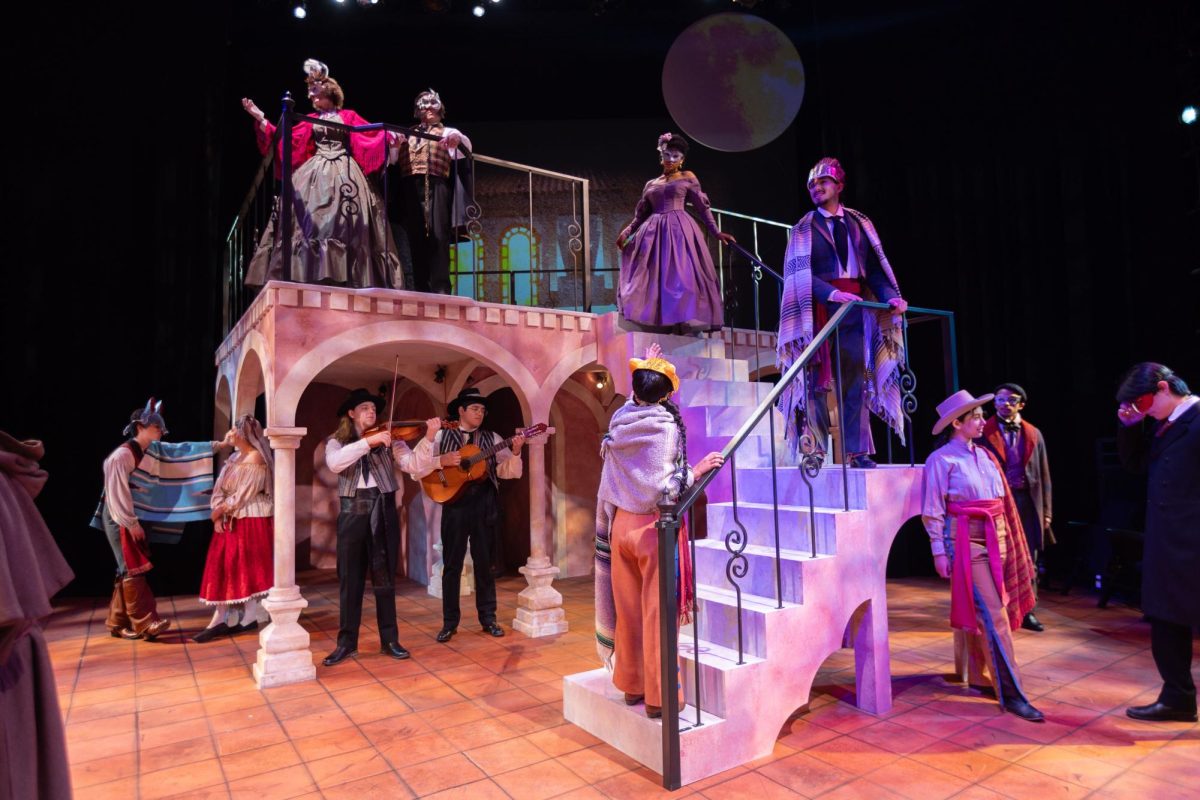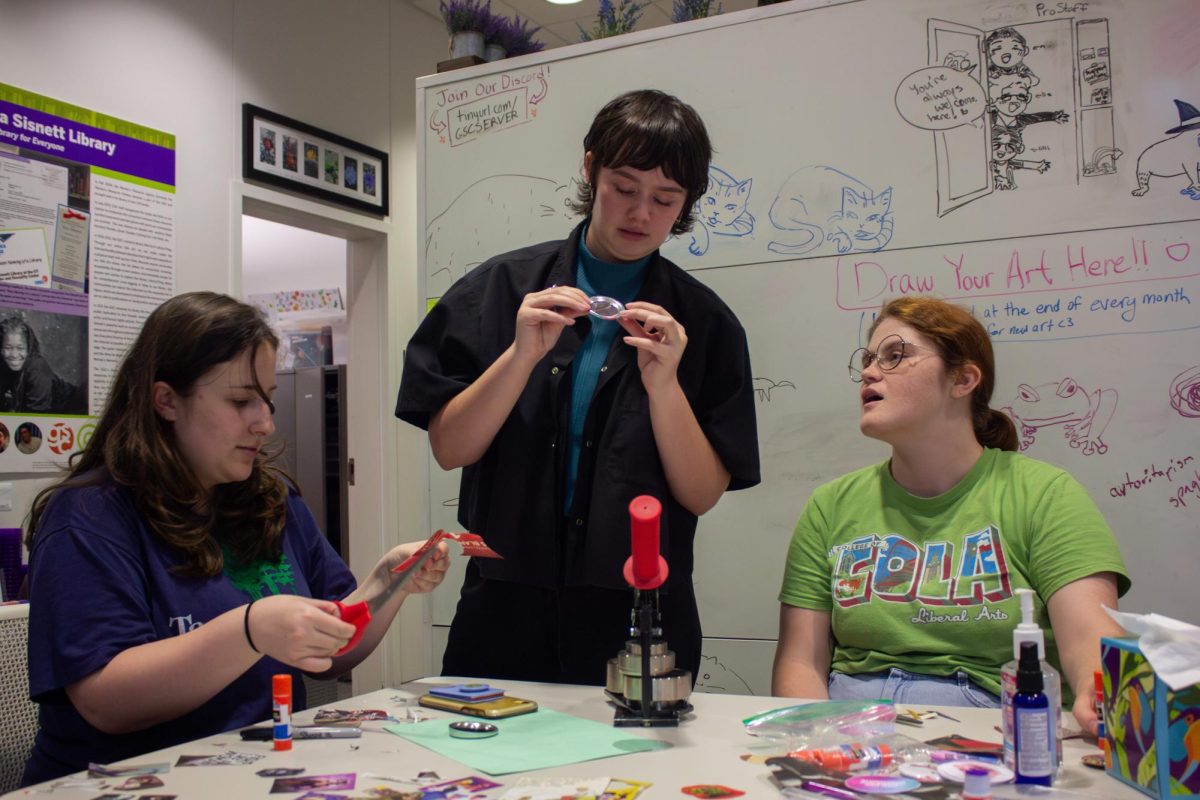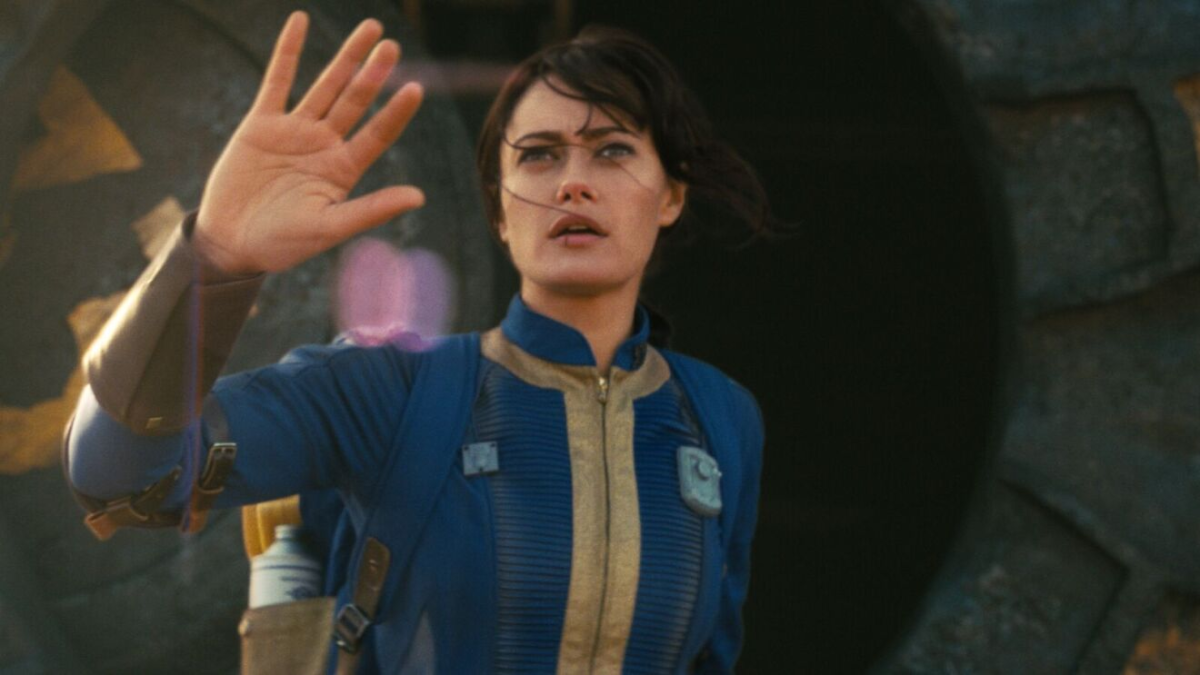As an educator, associate computer science professor Peter Stone has a unique perspective on who, or what, can learn. Stone has spent his time at UT working with students to develop intelligent robots capable of learning and adapting to their environments.
He is the director of the Learning Agents Research Group and works with graduate students developing and programming complex robots that compete in international contests, such as the RoboCup for soccer and the Urban Challenge for autonomous vehicles — cars that drive themselves.
The soccer RoboCup has a league with real robots and a league where teams program virtual robots to play in a simulation with near lifelike conditions. Last July, the UT team made its seventh appearance in the RoboCup. The team ranked among the top eight in the real robot competition and won first place in the soccer simulation.
The key to their success in the simulation league, where virtual robots play soccer on a virtual field, Stone said, was a machine-learning algorithm they used to develop a walk that outpaced all the other teams. Rather than spend tedious hours trying out different virtual walks and fine-tuning the best one, Stone and his team created a program with parameters that allowed robots to perfect a walk on their own through a kind of automated trial and error.
“It was our secret weapon. We could not have hand-coded anything nearly as good. Most of the other teams were doing it by hand, and we beat them because we did it with learning,” Stone said.
In recent years, undergraduates as well as grad students have gotten involved with LARG through its Freshman Research Initiative course, which deals with automated driving. The Freshman Research Initiative is a program in the College of Natural Sciences that gives freshmen the opportunity to get involved with research. Stone said the initiative has allowed more undergraduates to play an important role in LARG’s research than would have been possible otherwise. Stone taught the first FRI class for autonomous driving in 2007 and brought along six undergraduates when his group’s vehicle qualified for the finals of the Urban Challenge. He now supervises a research educator who teaches the course.
“We had about a tenth the budget of some of the other teams, and most of them said they wouldn’t let an undergrad touch the car with a 10-foot pole, whereas we had students in this class changing the code and hacking in the starting gates up to the last minute,” Stone said.
The LARG’s autonomous car, which is kept at the Pickle Research Campus, drives reliably at 30 mph, performs three-point turns and can reroute itself when confronted with road blocks or other unexpected barriers. The car has a camera that it uses to identify other vehicles or obstacles in the road, but it relies on differential GPS to stay on the road.
By connecting with multiple satellites, the car can determine its position within 50 centimeters — a commercial GPS system is only reliable within 50 meters. Stone said that in many ways, the technology for a fully functioning autonomous car is already available, but there are legal and economic barriers that have to be removed before self-driving cars become a viable option.
“Can we make a car that is a better driver than a person? Arguably, that’s not that hard of a task given what we have right now,” Stone said. “Partly because people aren’t very good drivers.”
Printed on Monday, November 14, 2011 as: Professor, students develop complex robots



